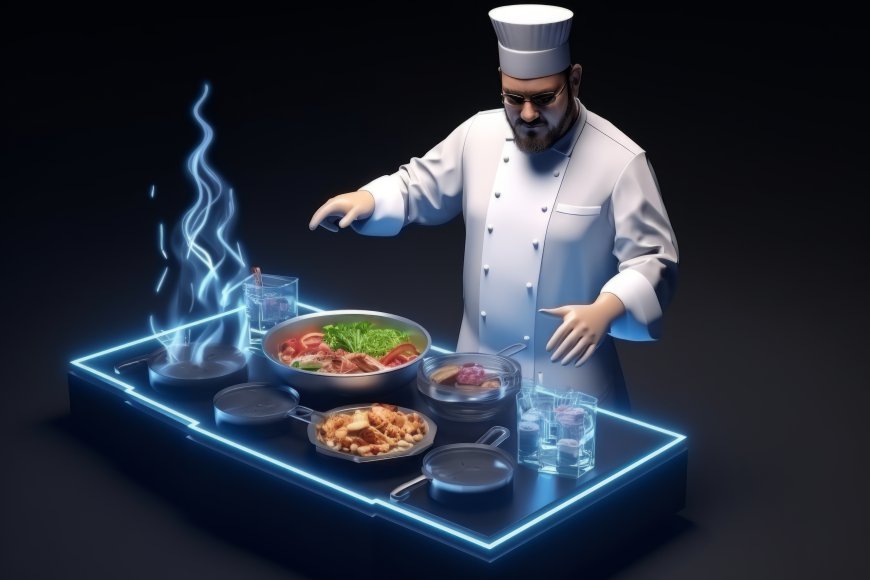Step-by-Step Guide to Cloud Kitchen Compliance
Ensuring your cloud kitchen meets all the regulatory requirements is essential for smooth operations and avoiding future legal complications. This step-by-step guide will walk you through the cloud kitchen compliance process, from obtaining necessary licenses to meeting operational standards.

Starting a cloud kitchen can be a lucrative venture, but it involves navigating several legal and operational aspects. Ensuring your cloud kitchen meets all the regulatory requirements is essential for smooth operations and avoiding future legal complications. This step-by-step guide will walk you through the cloud kitchen compliance process, from obtaining necessary licenses to meeting operational standards.
Understanding Cloud Kitchen Requirements
Before diving into the legal aspects, it's essential to understand what cloud kitchen requirements involve. Unlike traditional restaurants, cloud kitchens don't have dine-in facilities. Their operations focus solely on food delivery, which changes the regulatory landscape.
Key Components of Cloud Kitchen Compliance
-
Business Registration
Every business must first be registered as a legal entity. Depending on the size and scope of your operations, you can register your cloud kitchen as a sole proprietorship, partnership, LLP (Limited Liability Partnership), or a private limited company. -
Licenses Required for Cloud Kitchen
To legally run a cloud kitchen, obtaining specific licenses is a must. Here is a breakdown of the critical licenses required for cloud kitchen compliance: -
FSSAI License
The Food Safety and Standards Authority of India (FSSAI) license is mandatory for any food business in India. This license ensures that your cloud kitchen adheres to food safety standards. -
GST Registration
Goods and Services Tax (GST) registration is required for all businesses operating in India, including cloud kitchens. GST ensures that your business complies with the country's tax system. -
Fire Safety Certificate
A fire safety certificate is crucial for ensuring the safety of your kitchen premises. Fire inspections must be conducted to receive this certification. -
Shop and Establishment License
This license is essential for businesses operating in commercial spaces, including cloud kitchens. It regulates working conditions and employee rights. -
Health Trade License
Your kitchen premises must be inspected and approved by local health authorities to ensure that it meets the sanitary requirements.
How a Startup Consultant in Delhi Can Help
Navigating these regulations can be complex, especially for first-time entrepreneurs. A startup consultant in Delhi can assist you in understanding and fulfilling all compliance aspects. They can guide you through business registration, assist in procuring licenses, and help with operational planning, ensuring you meet all cloud kitchen requirements.
Benefits of Hiring a Startup Consultant
-
Expert Knowledge
A consultant brings in-depth knowledge of the cloud kitchen industry and the specific regulatory requirements in your area. -
Time and Cost Efficiency
With expert guidance, you can avoid unnecessary delays and additional costs that come from non-compliance or incorrect filings. -
Tailored Advice
A startup consultant can offer personalized advice based on your business model and growth plans.
Conclusion
Meeting the compliance requirements for a cloud kitchen is essential to running a successful business. From understanding the licenses required for cloud kitchen operations to getting professional help from a startup consultant in Delhi, staying informed and compliant will ensure your business thrives in the competitive food industry.
